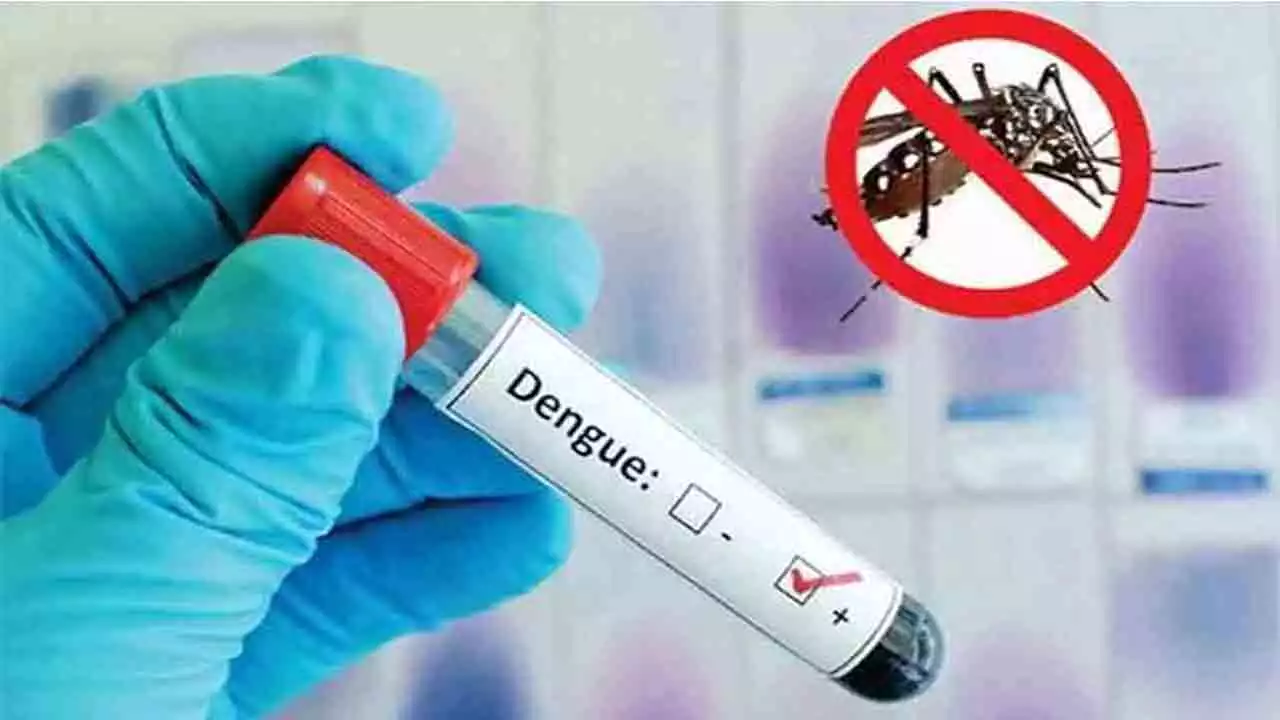The dengue situation in Pakistan has seen a significant spike, with 789 new cases reported within a single week, according to a spokesperson from the Health Department. This brings the total number of dengue cases to 2,247 for the year, underscoring the growing threat of the mosquito-borne virus in various regions of the country. The latest data reveals that in the past 24 hours alone, 114 cases were reported in Rawalpindi, 7 in Lahore, 4 in Attock, and 2 cases each from Gujranwala and Jhelum. Additionally, Mandi Bahauddin reported 1 new case during this period.
Dengue Situation in Key Regions
Rawalpindi, one of the most affected regions, reported the highest number of cases with 114 infections in just 24 hours. This surge highlights the vulnerability of densely populated areas, where stagnant water and poor sanitation can lead to the rapid breeding of mosquitoes, which are the primary carriers of the dengue virus. Lahore, the capital of Punjab province, recorded seven new cases. While the number of cases in Lahore is comparatively lower, the threat remains significant due to the city’s large population and frequent movement of people.
Attock, Gujranwala, and Jhelum reported relatively fewer cases, but the presence of the virus in these areas still points to the widespread nature of the outbreak. Mandi Bahauddin, a smaller district, reported just one case, indicating that even less populated regions are not immune to the dengue crisis.
Health Department’s Response and Preparedness
The Health Department’s spokesperson reassured the public that all necessary arrangements have been made to combat the dengue outbreak. Government hospitals have been fully stocked with the necessary medicines, including those used to treat dengue. The authorities are taking steps to ensure that patients receive timely and effective care, while also working on preventive measures to stop the further spread of the virus.
According to the spokesperson, the government is actively working to control the situation through the implementation of preventive strategies, including fumigation campaigns and public awareness drives. Hospitals have been equipped with ample medical supplies, and healthcare professionals are on high alert to manage the growing number of cases.
The Dengue Virus: An Ongoing Challenge
Dengue fever is a viral infection transmitted by the Aedes mosquito, which thrives in warm and humid environments, making it a frequent problem in countries like Pakistan. The virus causes flu-like symptoms such as high fever, severe headaches, pain behind the eyes, joint and muscle pain, nausea, and rash. In severe cases, it can lead to hemorrhagic fever, which can be life-threatening if not treated promptly.
While there is no specific antiviral treatment for dengue, early diagnosis and proper medical care can significantly reduce the risk of complications. Public health experts emphasize the importance of preventing mosquito bites and reducing mosquito breeding sites to control the spread of dengue.
Efforts to Combat Dengue
The Health Department has taken several steps to control the dengue outbreak. Some of the key actions include:
Fumigation Drives: Fumigation campaigns are being conducted in high-risk areas to eliminate mosquito breeding grounds. These campaigns target stagnant water, where mosquitoes lay their eggs.
Public Awareness Campaigns: The government is raising awareness about how people can protect themselves from mosquito bites. This includes educating the public about the importance of using mosquito repellents, wearing long-sleeved clothing, and ensuring that homes and surroundings are free of standing water.
Hospital Preparedness: Government hospitals have been stocked with medicines and medical equipment needed to treat dengue patients. Medical professionals have also been trained to identify and treat the virus at the earliest stages.
Monitoring and Surveillance: The Health Department is actively monitoring the spread of dengue through surveillance systems that track new cases and help in identifying potential hotspots.
Community Engagement: Authorities are working with local communities to ensure that preventive measures are being implemented at the grassroots level. People are encouraged to report areas with stagnant water and to take personal precautions to avoid mosquito bites.
The Importance of Public Cooperation
While the government is taking steps to control the dengue outbreak, public cooperation remains crucial. Residents are urged to ensure that their homes are free of stagnant water, where mosquitoes can breed. This includes covering water containers, cleaning gutters, and disposing of old tires or other items that can collect rainwater.
Moreover, individuals should take precautions such as using mosquito repellents, installing screens on windows and doors, and wearing protective clothing, especially during the early morning and late afternoon when mosquitoes are most active.
As dengue cases continue to rise across Pakistan, it is imperative that both the government and the public work together to combat this health crisis. The Health Department has ramped up its efforts to contain the virus by ensuring that hospitals are prepared and launching preventive campaigns. However, personal responsibility and public cooperation are equally important in preventing the further spread of dengue. By taking simple precautions and remaining vigilant, the country can mitigate the impact of this outbreak and protect its citizens from the potentially severe consequences of dengue fever.



